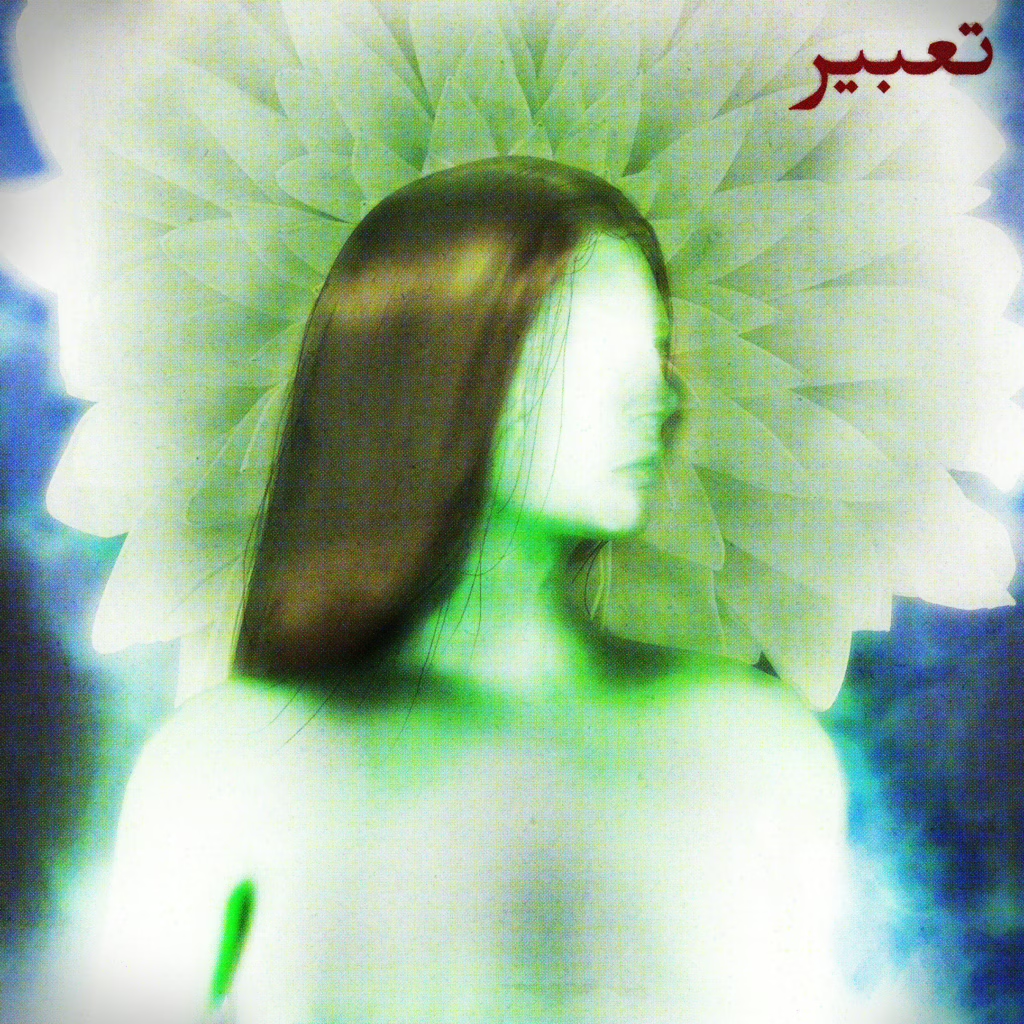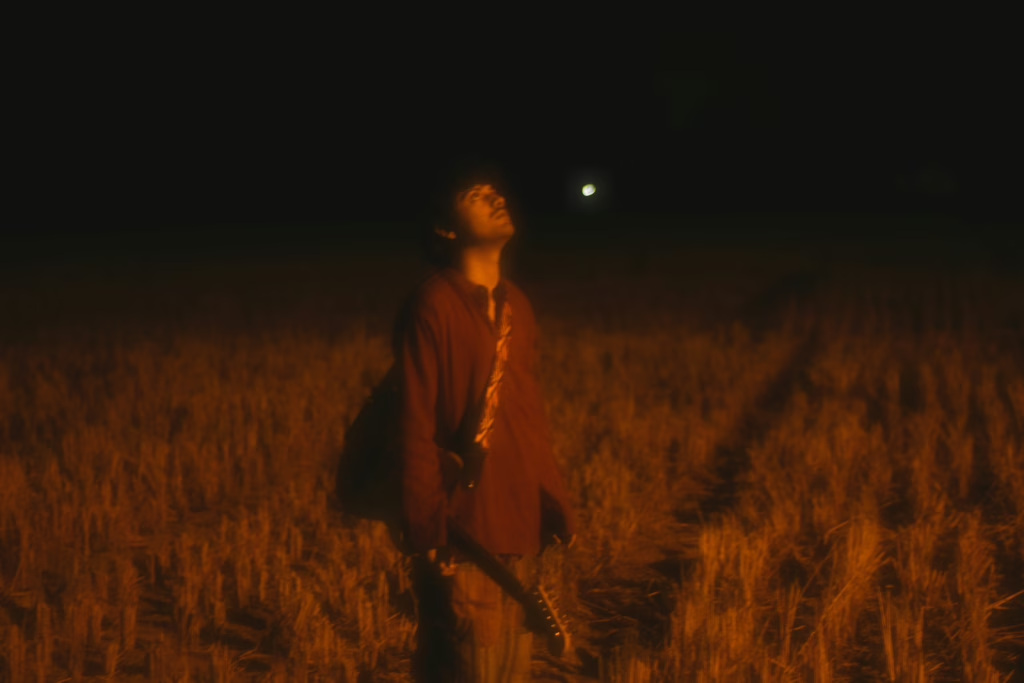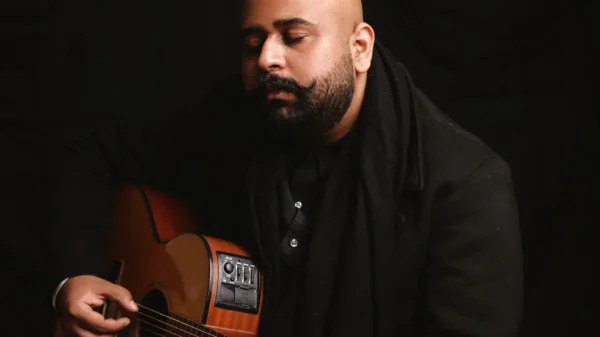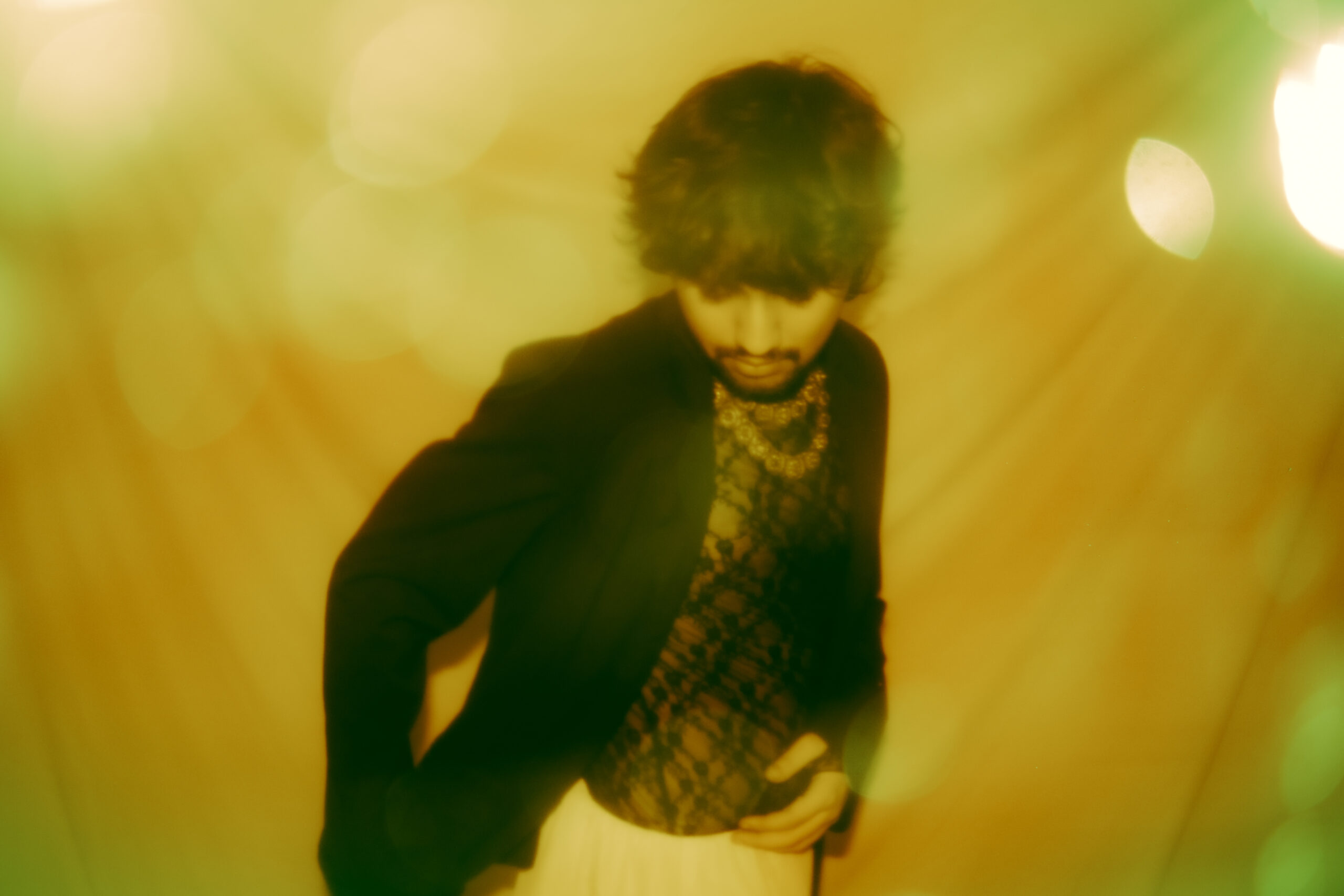Amenn Wihaan’s debut album has music that is almost translucent – a carefully crafted tapestry as a body of work that is mostly dreamy, glimmering, and inculcating genres elementally while maintaining its dream-pop-rock core. Perhaps it is only fitting that the album is quite aptly named TABEER.
The project is 9 tracks long, spans a near 36 minute length, and bears some heavyweights from the Indian independent scene – with the likes of gini, Krameri and Aanshika being among the artists featured on the release. A press release from the artist states, “Tabeer” is an odyssey through the realms of memory, emotion, and intuition. Which took 4 years in the making. It’s a dreamscape where rock-led electric guitar tunes and drum beats converge with the timeless essence of Indian Classical sounds, ethereal textures, and shoegaze elements. This album is an invitation to wander through the in-between spaces, to confront the uncomfortable, and to find solace in the darkest of places. Amenn’s music is a reflection of his soul, a testament to the power of vulnerability and creativity. With “Tabeer”, he aims to transport listeners to a world where emotions are raw, and the boundaries between reality and dreams are blurred.” – which is arguably quite a vast roster of expectations to stand up to. However, the artist is not overselling himself. For one, he clearly knows what he is doing — at least sonically, and that wilful sort of intuition is observable in his music.
The album begins with a dreary, ethereal-fearsome speech-audio distorted over light vocals, which the album trailer’s shot to, opening up to the second single, and also probably one of my most favorite tracks amongst this year’s independent releases — Ab Yahaan. The song starts off with a simple guitar intro, which then builds up slowly, and surely, into a crescendo — on which he is accompanied by contemporaries Faizan and jeevana. The guitar solo is impressive, and welcome — because an electric guitar soaring accompanied by Wihaan’s gentle vocals is not what one imagines on Indian dreamcore records, usually — but the artist works it out.

OH DARIYA, which features gini, and co-produced with Stephen Palakhe, lets you get the sense that Wihaan’s an artist who plays off your predictive skills, where he meanders away from the expected — here, in the form of a break-away from gini’s R&B-pop driven signature sound, by the metaphorical opening of a floodgates of sorts, where the controlled, sugary grip is released into a more mystical, soaring, alt-rock section — before ending with a muted crashing of a wave, a tipped-hat-move to acknowledge the revelatory title.
Doob Gayi, co-produced with Shivang Arora and featuring Fiza, is another strong number. The beginning is voice-note textured, soft, and the drawing force of water is ever-present for the artist, almost heading to a symbolic engulfing and drowning of sorts. What is impressive about this record is Wihaan’s unrelenting use of guitars – which enriches the composite nature of the album, making it voluminous, substantial, and not completely reliant on synthwork, which would flatten, not polish. A lot of this record is shoegazey, perhaps a neo-Cocteau twins incarnation which has gone through the metamorphosis imposed by the 21st century meat-grinder of time.

The album ends with Kaafi Door, which rounds up the album, lyrically and sonically – and you hear Wihaan’s Hindustani classical roots, the credits on SoundCloud attribute the flute to Sarang – and there is a firm departure, kind of a visceral, rude awakening, with the near-abandonment of the ethereal soundscape for the more rock, bass-guitar forward arrangement, as he determinedly sings :
Aankhein
Khuli toh,
Toot gaye sapne sabhi
Aankhein
Joh band thi kabhi,
Tum hee dikhayi diye bas,
Bas
The album travels and unravels – opening enchantments into disillusionments, movements through the five stages of grief and two more of something beyond. There is a lot to love about the album – because you hear the labor, that has built this, there are multiple layers of handiwork piled atop each other – with four years of hard work reflecting in the production and songwriting. TABEER, quite determinedly, is this year’s strongest debut album so far.





























